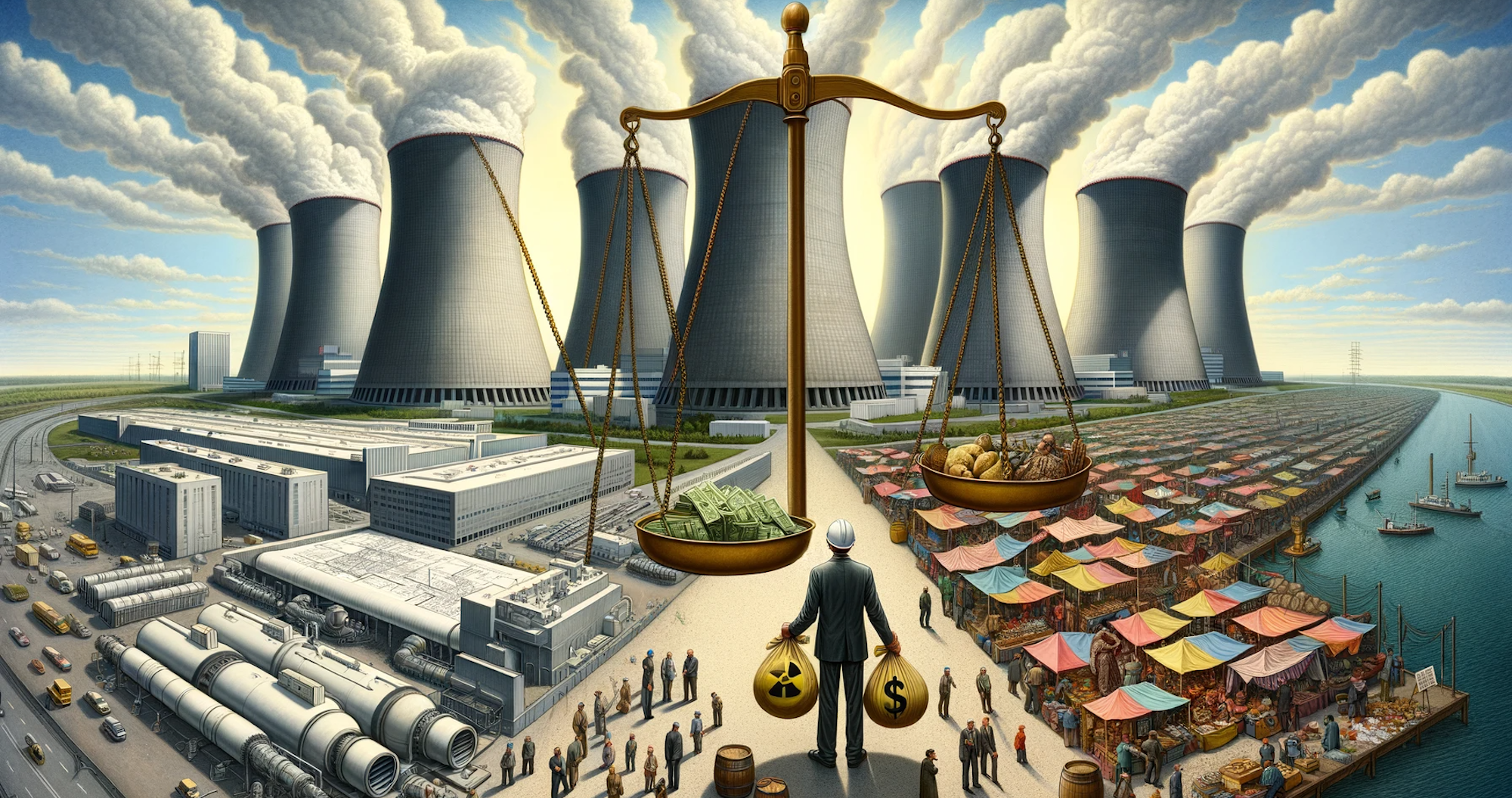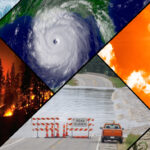Abstract:
Nuclear power stands as one of the most debated energy sources globally due to its significant potential benefits and associated risks. This research paper provides a thorough examination of nuclear power, encompassing its technological aspects, environmental implications, economic considerations, and future prospects. Drawing upon a wide range of scholarly literature, governmental reports, and industry analyses, this paper aims to present a balanced overview of nuclear power to inform policymakers, researchers, and the general public.
1. Introduction
- Overview of nuclear power as a form of energy generation.
- Historical development and growth of nuclear energy globally.
- Importance of nuclear power in the context of energy security and climate change mitigation.
2. Nuclear Power Technology
- Principles of nuclear fission and energy generation.
- Types of nuclear reactors (e.g., Pressurized Water Reactors, Boiling Water Reactors, Fast Breeder Reactors).
- Fuel cycle stages: mining, enrichment, fuel fabrication, reactor operation, spent fuel management.
- Safety features and mechanisms in nuclear power plants.
- Advances in reactor design (e.g., Generation III and IV reactors) and small modular reactors (SMRs).
3. Environmental and Health Impacts
- Comparison of greenhouse gas emissions from nuclear power with fossil fuel alternatives.
- Radioactive waste management: storage, disposal, and recycling.
- Impact of nuclear accidents (e.g., Chernobyl, Fukushima) on human health and the environment.
- Assessment of the risks of nuclear proliferation and terrorism.
4. Economic Considerations
- Cost analysis of nuclear power: construction, operation, maintenance, and decommissioning.
- Factors influencing the economics of nuclear power (e.g., fuel prices, regulatory requirements, financing costs).
- Comparison with other energy sources (e.g., coal, natural gas, renewables) in terms of cost competitiveness and subsidies.
5. Policy and Regulatory Framework
- Overview of international and national regulations governing nuclear power.
- Nuclear energy policies and strategies in key countries (e.g., USA, China, France, Japan).
- Public perception and acceptance of nuclear power: societal concerns and stakeholder engagement.
6. Future Prospects and Challenges
- Role of nuclear power in achieving global energy transition and sustainable development goals.
- Technological advancements and innovations in nuclear energy (e.g., advanced reactors, thorium fuel cycle).
- Challenges facing the nuclear industry (e.g., aging infrastructure, skilled workforce, public opposition).
- Integration of nuclear power with renewable energy sources in future energy systems.
7. Conclusion
- Summary of key findings and insights from the research.
- Implications for policy, research, and practice in the field of nuclear energy.
- Recommendations for addressing challenges and maximizing the potential benefits of nuclear power in a sustainable energy future.
References
- Comprehensive list of cited sources, including academic papers, government publications, industry reports, and reputable media sources.
This research paper aims to provide a comprehensive understanding of nuclear power, addressing its technological, environmental, economic, and policy dimensions. By critically evaluating the opportunities and challenges associated with nuclear energy, this paper seeks to contribute to informed decision-making and public discourse on the role of nuclear power in the global energy landscape.


